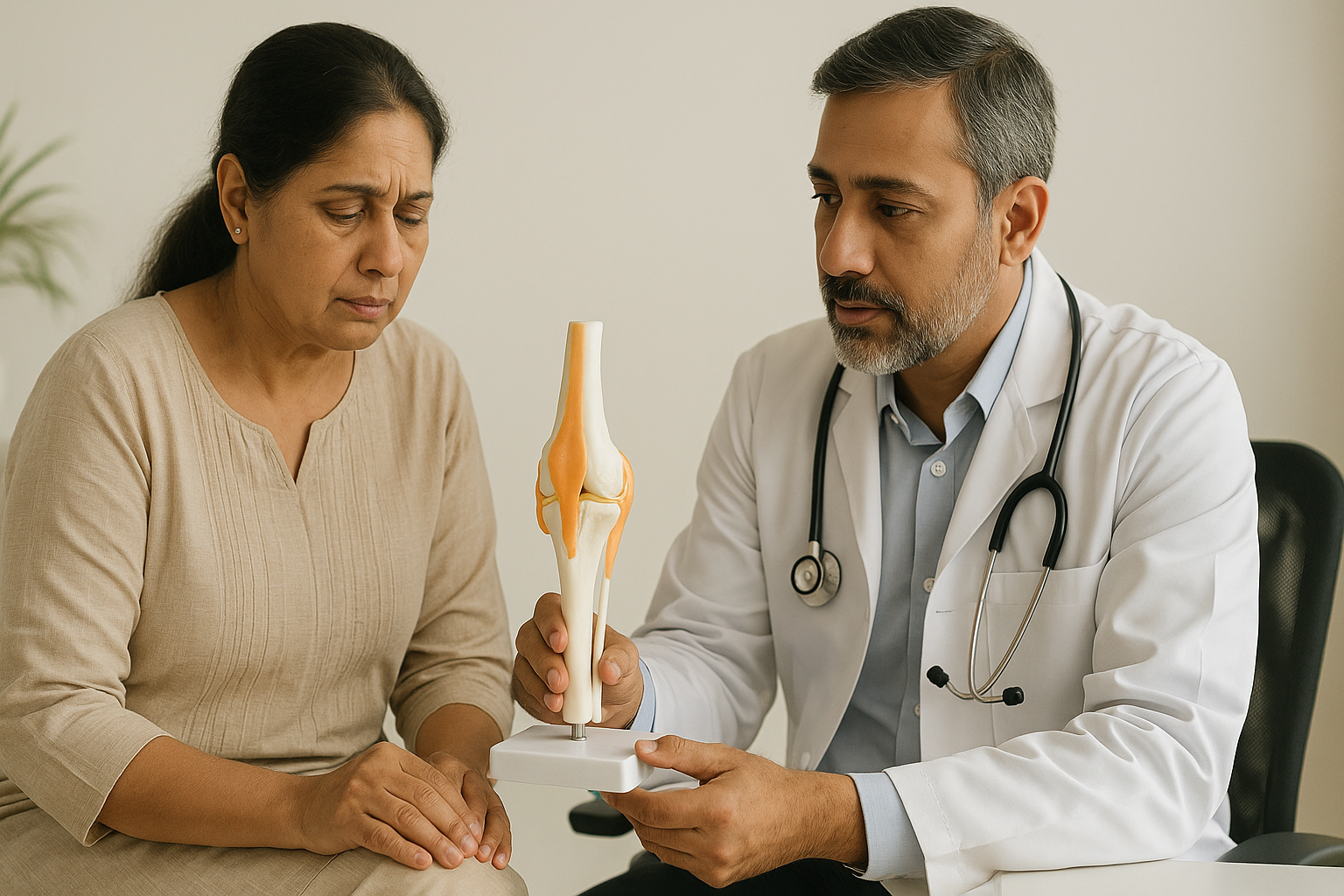Understanding AR Treatment: Surgical Options and Their Effectiveness

Understanding AR Treatment: Exploring Surgical Options and Their Effectiveness
Arthritis and joint-related issues can severely limit daily activities, making it difficult to move freely and comfortably. When medications, therapy, or lifestyle changes are no longer enough, surgical treatments may provide effective relief. This article explores the most common surgical options for arthritis (AR) and how they help improve mobility and quality of life.
What is AR Treatment?
AR treatment refers to managing arthritis-related symptoms like joint pain, stiffness, and limited motion. Arthritis encompasses conditions such as osteoarthritis and rheumatoid arthritis. While non-surgical treatments are usually the first line of care, surgery is considered when symptoms become severe or persistent.
When Are Surgical Treatments Recommended?
Surgery is typically recommended when:
- Pain becomes severe and continuous despite medications.
- Joint damage leads to loss of function and movement.
- Mobility is significantly reduced, affecting quality of life.
- Non-surgical treatments like injections or physical therapy offer little relief.
Surgical procedures can range from minor repairs to complete joint replacements, depending on the condition’s severity.
Common Surgical Options for Arthritis
1. Arthroscopic Surgery
This minimally invasive surgery involves using a small camera and instruments to remove damaged tissue or repair minor joint problems. It is most suitable for early-stage arthritis and typically results in quicker recovery compared to open surgery.
2. Osteotomy
Osteotomy is a bone realignment procedure used to shift weight away from the damaged part of the joint. It is often performed in younger patients who want to delay joint replacement. The goal is to preserve the natural joint and reduce pain.
3. Joint Replacement Surgery
When a joint is badly damaged by arthritis, replacement surgery may be necessary. Common joint replacement surgeries include:
- Knee Replacement: Involves replacing the damaged knee with a prosthetic joint.
- Hip Replacement: Replaces the hip joint with an artificial implant.
- Shoulder Replacement: For patients with severe shoulder arthritis or injury.
These surgeries can greatly reduce pain, restore motion, and improve overall quality of life.
Effectiveness of Surgical Treatments
Many arthritis-related surgeries have a high success rate. Benefits of surgical intervention include:
- Long-term relief from joint pain.
- Improved mobility and joint function.
- Ability to return to normal activities and exercise routines.
Success is influenced by patient age, overall health, joint damage severity, and adherence to post-surgery care.
Recovery and Rehabilitation
Recovery time varies based on the type of surgery and patient health. Most procedures require physical therapy to regain strength, flexibility, and function. Patients are encouraged to follow medical guidance closely for the best long-term results.
Conclusion
When arthritis symptoms progress and conservative treatments fail, surgical solutions can offer lasting relief. Understanding your options—from arthroscopy to full joint replacement—can help you make informed choices about your health and mobility.
If you're considering surgical treatment for arthritis, book a consultation with our specialists to discuss the best options for your condition.


